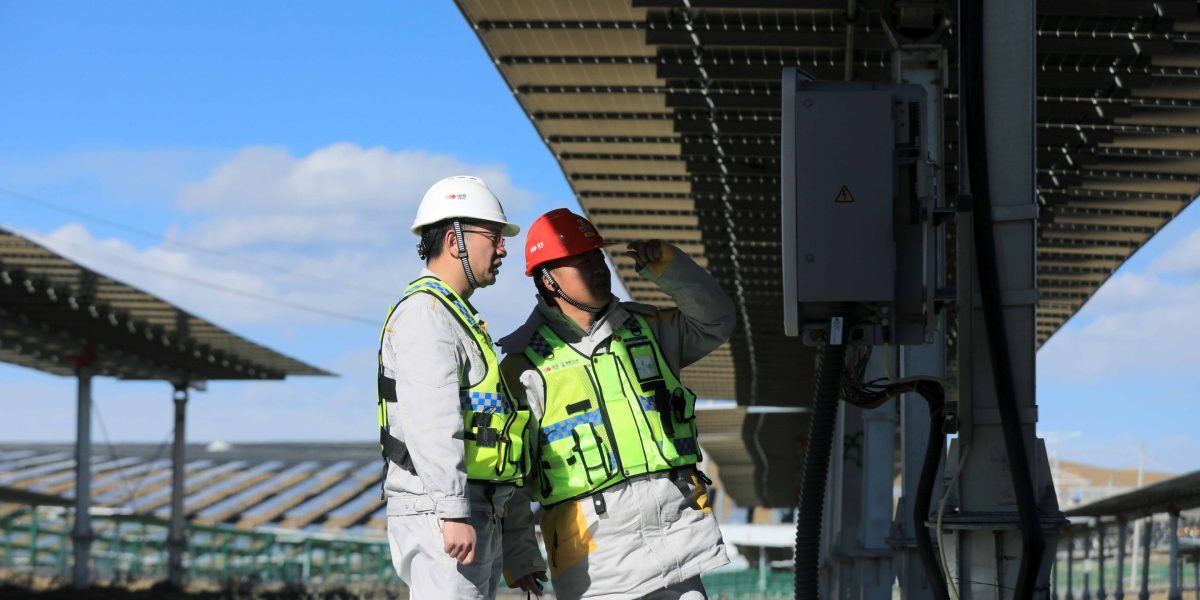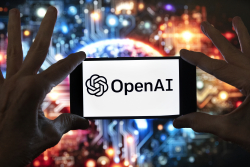There’s no ground to bring OTT content services under the authorisation of the Indian Telecommunications Act, 2023, said Reliance Jio Infocomm Ltd in its counter comments to the Telecom Regulatory Authority of India (TRAI).
Stakeholders like Bharti Airtel Ltd earlier asked that OTTs delivering broadcast content through broadband / mobile should be brought under the authorisation framework and the principle of same service- same rules. However, Jio in it counter comments argued that the principle does not apply to OTTs. It may be noted that while Jio’s original submission did not mention OTTs, the company has previously called for the regulation of OTT communication services. The telco does not specify how an OTT communication platform would differ from an OTT content platform. The company recently announced a merger with Walt Disney and Viacom 18 Media Private Ltd.
In its letter, Jio drew a distinction between OTTs and Distribution Platform Operators (DPOs) by saying, “OTTs differ from other DPOs such as cable TV, IPTV, DTH etc., as these latter deliver broadcasting services through broadcasting networks established by them. Furthermore, the licensed DPOs transmit licensed TV channels after acquiring them from broadcasters under the provisions of Uplinking and Downlinking Guidelines. Whereas OTT content providers deliver content through Public Internet.” The company also said that OTT content services are already regulated under the Information Technology Act, 2000 and Rules.
Other stakeholders like the Broadband India Forum (BIF) said, “TV and radio broadcasters follow a ‘push-model’ as they deliver contents to mass audiences/viewers at a predetermined schedule. OTT platforms make content available to subscribers over the public internet and operate on a pull model (i.e. subscribers choose and request for content they wish to watch from an online library made available by the OTT platforms).”
- Also read: BSNL gains mobile subscribers in October; while Jio, Vodafone-Idea see decline
On the other hand, Airtel argued that any platform which offers similar content as offered by the regulated distribution platform, should equally be brought under a similar regulatory regime.
“OTT delivering broadcast content through broadband / mobile provide the same content as provided by DTH operators to subscribers with no commensurate obligations of any kind. This approach goes against the basic premise of TRAI’s endeavour to have a balanced regulatory framework. These anomalies lead to risks such as exclusionary and discriminatory impact for subscribers who may not be able to access the same broadcast content on their choice of delivery medium,” said Airtel.
Particularly, Airtel asked that Prasar Bharti’s OTT platform services WAVES also be brought within the purview of the authorisation framework. It asked TRAI to bring Prasar Bharti within the ambit of the authorisation / licensing framework of the Broadcasting (Television Programming, Television Distribution and Radio) Service Rules.








Leave a Comment